Trouble concentrating? Forgetting things? Our brains are doing strange things during this time of crisis.
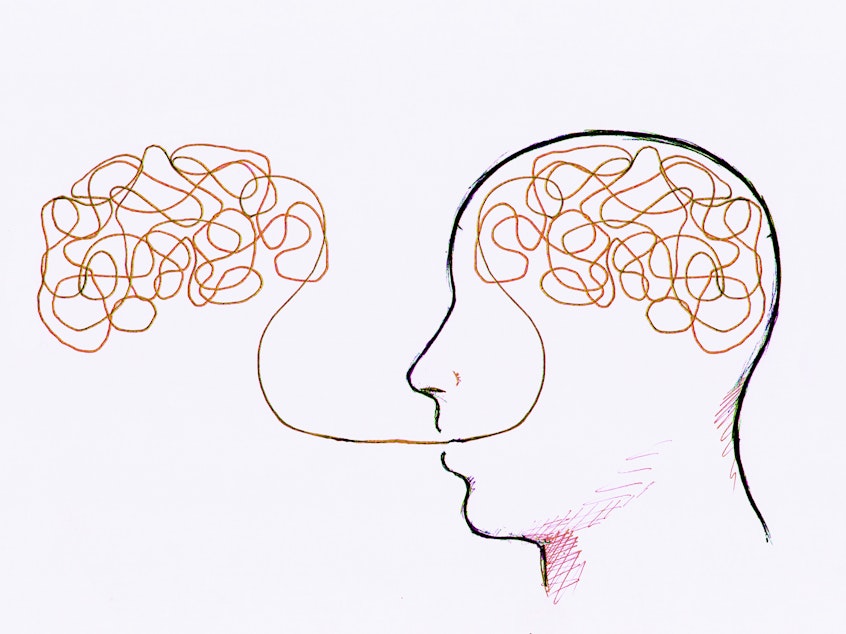
Leading brain experts talk with KUOW's Deborah Wang and Ross Reynolds to explore tips for well-being as we move into the acceptance phase of this "new normal."
Do you keep reading the same paragraph over and over again in that book you can't seem to get through? Is finding the toilet paper aisle in the store you've always shopped at suddenly baffling? Does the news make you feel like you can't breathe?
You're not losing your mind. You're grieving during a global pandemic, an economic crisis, and a time of historic cultural transformation.
In this hour, KUOW's Ross Reynolds and Deborah Wang talk with leading mental health experts along with public radio listeners and find that it's normal to feel out of sorts right now, and that there are things we can do to get through this together.
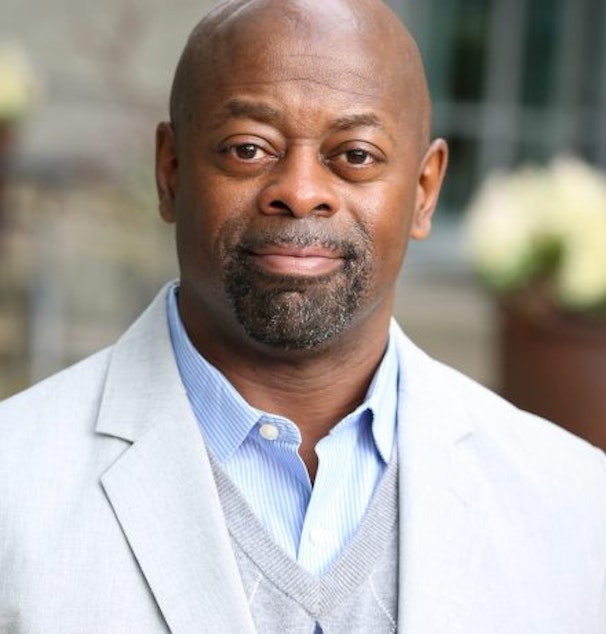
Dr. Ronnie Cunningham is a licensed psychologist who is certified in Dialectical Behavior Therapy and works primarily with teens and families. He is a managing partner of a clinical practice called Under One Roof Psychological Services and has been a Seattelite since 1971. Prior to opening his family practice, he taught educational psychology at the University of Washington and was the staff psychologist for the non-profit educational organization Rainier Scholars.
Sponsored
Sponsored
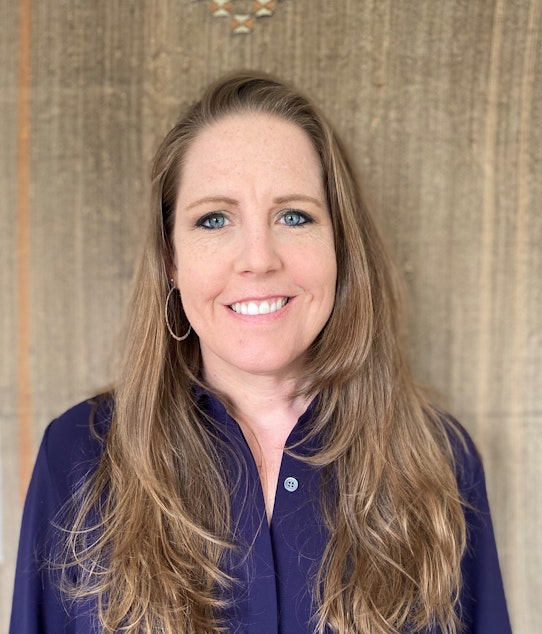
Dr. Kira Mauseth is a clinical psychologist and senior instructor at Seattle University who specializes in disaster preparation, response and recovery. She has worked locally and internationally in disaster relief and is currently a co-lead of the Behavioral Health Strike Team for the Washington State Department of Health.
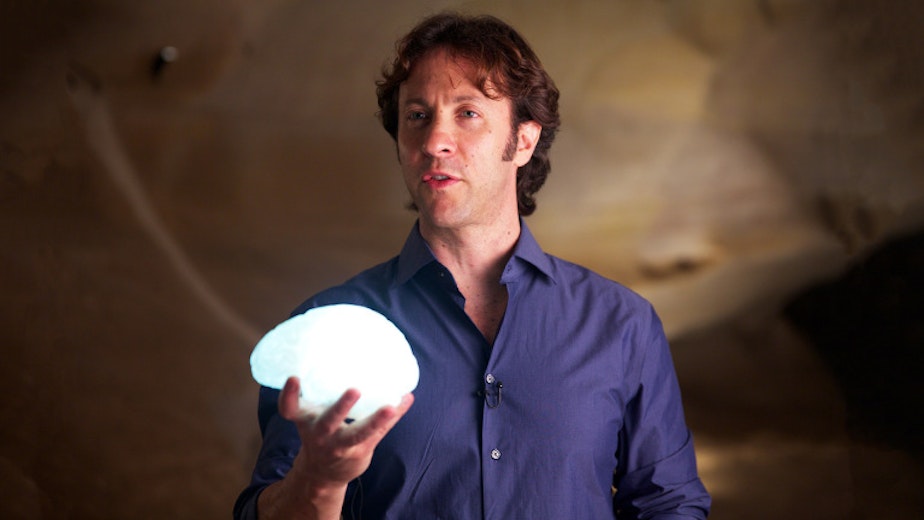
Dr. David Eagleman is a neuroscientist, author, and television host. He is an adjunct professor at Stanford University, and is the director of the non-profit Center for Science and Law, which seeks to align the legal system with modern neuroscience. His forthcoming book is Livewired, a portrait of the human brain based on recent scientific discoveries about how it continually adapts, recreates, and formulates new ways of understanding the world we live in.
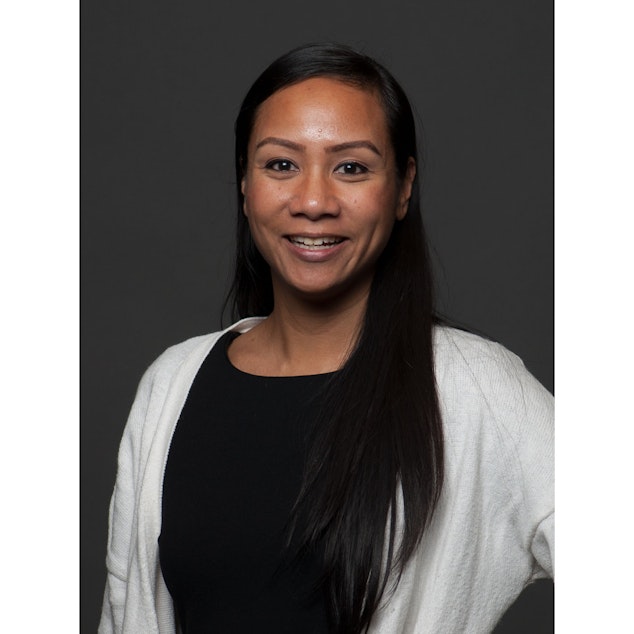
Sponsored
Dr. Clara Doctolero is a clinical psychologist who specializes in Dialectical Behavioral Therapy (DBT) and Mindfulness, treating those with emotional dysregulation, depression, anger management and anxiety in her private practice at the Seattle Psych Studio. She is an adjunct professor at the University of Washington, lecturing and supervising DBT graduate and residential students.
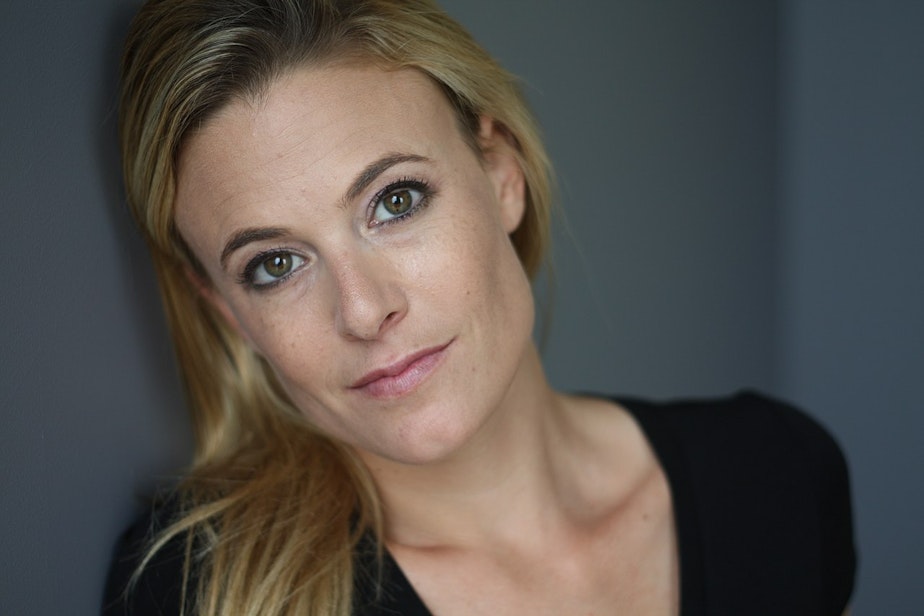
Dr. Tali Sharot is the director of the Affective Brain Lab. She is a Professor of Cognitive Neuroscience in the department of Experimental Psychology at University College London and a Wellcome Trust Senior Research Fellow. Prof. Sharot holds a BA in Economics and Psychology from Tel Aviv University and a PhD from New York University. Her book The Optimism Bias investigates the human inclination towards optimism that plays a major role in determining how people live their lives.
If you need support, the 24-Hour Crisis Line provides immediate help to individuals, families, and friends of people in emotional crisis. They can help you determine if you or your loved one needs professional consultation and can link you to the appropriate services. The 24-Hour Crisis Line is a primary source for linking Seattle-King County residents to emergency mental health services. Their 24-hour crisis line is 866-427-4747, and they can also be reached locally at 206-461-3222.
Sponsored
This show was produced by John O’Brien and co-hosted by Ross Reynolds and Deborah Wang. This web story was produced by Kristin Leong.




